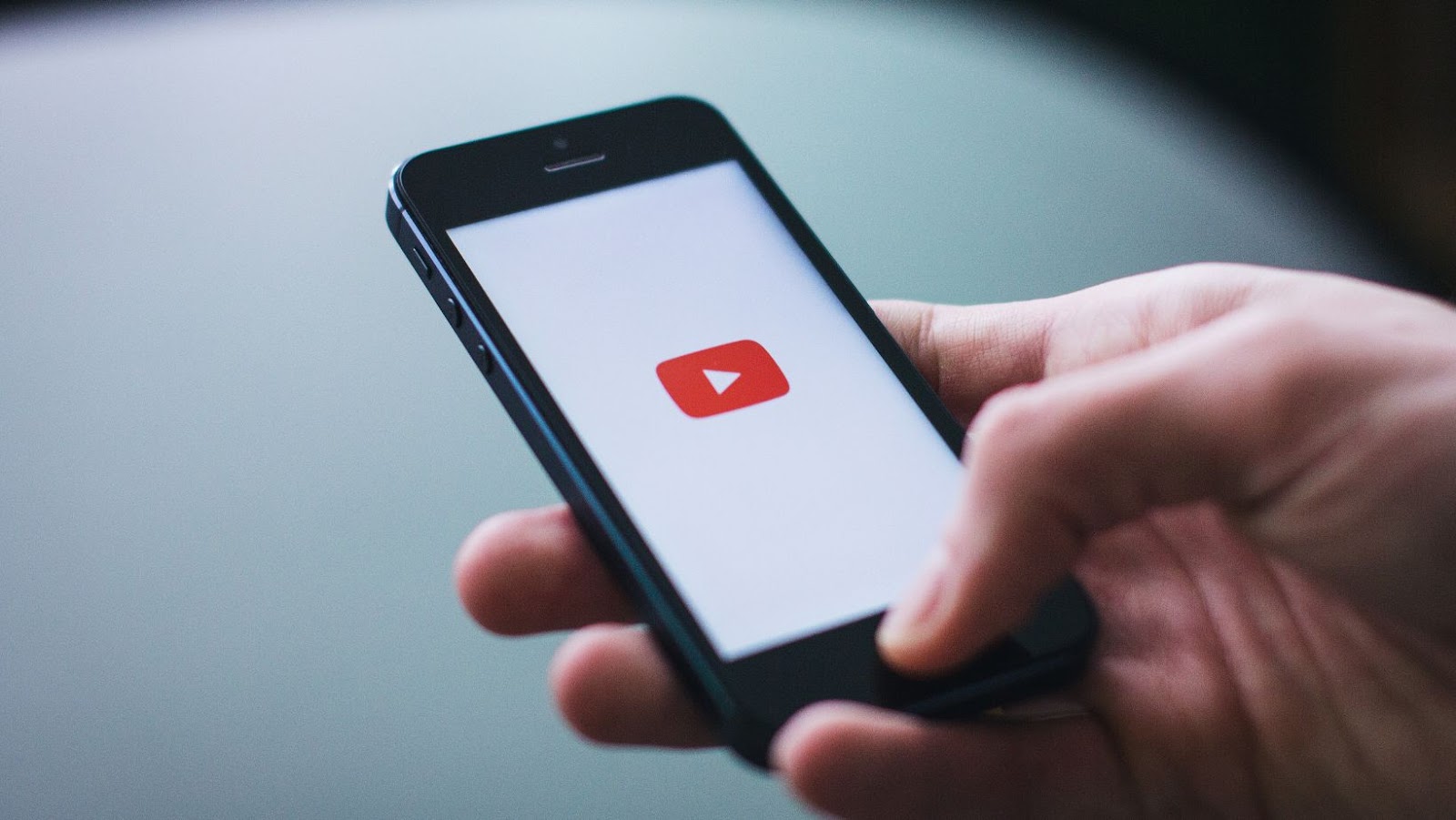
In January 2021, YouTube banned Steve Bannon’s “War Room” podcast channel, notifying viewers that “This channel has been terminated for violating YouTube’s Community Guidelines.” This decision sent shock waves through the online community and sparked a heated debate about censorship and freedom of speech on the internet.
The official explanation from YouTube is that Bannon’s channel violated its policies regarding inciting violence. This explanation was met with both support and criticism – supporters argue that it was an appropriate action given Bannon’s rhetoric. In contrast, detractors argue that it infringes free speech rights.
In this article we will explore the context behind YouTube’s decision to ban Steve Bannon’s War Room show to understand the implications for free speech on the internet going forward. We will discuss why YouTube chose to take this action now, and analyse how other platforms are responding to similar issues with their user policies. Finally, we will look at potential crowdfunding solutions to ensure younger generations are still exposed to diverse points of view moving forward.
Background on Steve Bannon’s War Room Podcast
In late 2020, Steve Bannon, a former adviser to President Donald Trump, launched the War Room podcast, which quickly gained international attention. Bannon used the platform to promote conspiracy theories, far-right politics, and other controversial subjects.
As a result of the podcast’s content, YouTube subsequently took action and permanently banned the War Room’s channel from its video streaming service.
Overview of the podcast
The podcast War Room was created by Steve Bannon, and first aired on August 10, 2020. It is a talk show-style program where Bannon and guests from the conservative political spectrum discuss American politics and international issues. Bannon has positioned War Room – named for the strategy centre of President Donald Trump’s 2016 campaign – as an alternative to mainstream media outlets that he believes are biassed against Trump.
Bannon posts the podcast to YouTube and other platforms weekly with topics ranging from the Presidential race to American foreign policy. He also includes guests in his episodes; some have included Fox News personalities like Tucker Carlson and Greg Gutfeld and politicians like former White House Press Secretary Sarah Huckabee Sanders. Some episodes even feature interviews with public figures outside of politics such as actors and musicians.
The podcast has drawn criticism from both sides of the political aisle due to its content which often strays far outside the bounds of traditional news media outlets. In addition, the language used by Bannon and his guests has been described by some critics as “inflammatory” and “divisive”. Most recently, however, YouTube chose to ban Bannon’s channel in response to numerous violations regarding “hate speech” under its policies stating that it would take action against “egregiously offensive” content.
History of the podcast
Steve Bannon’s War Room podcast was launched in 2019 as a platform for Bannon and his team to provide political commentary and host interviews with guests. In the two years of its existence, the podcast achieved a notably high level of engagement, generating approximately 3 million downloads in September 2020 alone.
Due to this success, Bannon and his team were able to operate their online streaming channel beginning on October 5, 2020.
The channel provided viewers with additional content such as:
- News updates released throughout the day
- A range of topic-specific shows focusing on events surrounding the 2020 United States presidential election
- Vlogs where Bannon discussed his takeaways from War Room episodes

It also offered subscribers exclusive access to special video messages from presidential campaign surrogates throughout October–November 2020. Despite this strong engagement across platforms, YouTube removed the War Room podcast from its streaming service on November 17th following reports of politically dubious content being disseminated by Bannon and other speakers on his show.
YouTube bans Steve Bannon’s War Room podcast channel
YouTube recently banned the Steve Bannon’s War Room podcast channel for violating their policies on harassment, hate speech, and misinformation. This move has brought about a huge stir in the online media industry.
In this article, we will discuss the reasons for YouTube punishing the podcast channel and explore the implications of this decision.
Violation of YouTube’s policy on hate speech
On Tuesday, YouTube took the unprecedented step of permanently banning former White House strategist Steve Bannon’s ‘War Room’ podcast channel for “repeated violations” of its policy on hate speech. The decision marks the first time a sitting politician has been removed from the platform.
In a statement to The Verge, a Google representative said, “Our policies prohibit content that promotes or condones violence against individuals based on ethnicity, religious affiliation, nationality, race, or gender identity. We also impose strict restrictions on content portraying or advocating hateful activities or ideologies. We have consistently enforced these policies and terminated accounts that violate our Guidelines. In this case, we removed content from the channel for violating YouTube’s Community Guidelines and removed the channel for continued violations.”
YouTube takes a zero-tolerance stance towards hate speech and firmly stands behind its controversial decision to remove Bannon’s account from its platform for multiple reasons:
- Several videos posted on ‘War Room’ actively espoused hate speech and conspiracy theories.
- Steve Bannon was previously charged with fraud as part of his involvement in an anti-immigration campaign involving crowdfunding website GoFundMe in 2020. This investigation drew much criticism towards both Bannon and YouTube’s lack of oversight surrounding his account during this time.
- Some of his comments regarding the recent presidential election results could be construed as inciting violence among those who believed them – all of which are strictly prohibited by YouTube’s Hate Speech policy.
Violation of YouTube’s policy on harassment
YouTube’s harassment policy states that channels must not “repeatedly mock, bully or harass other users, and/or post hurtful comments or content with the intent to harm or alarm.” If YouTube finds that a channel has breached this policy, they may take action including issuing a warning. In some cases, if the violation is particularly severe, they could take more drastic action and completely ban the channel. In extreme cases there may even be legal repercussions depending on the jurisdiction of where the offence took place.
It is important to be mindful of online etiquette when posting content. Users should ensure that they are respectful to each other especially when engaging in debates concerning topical issues, political matters or social justice topics. Content creators should also refrain from promoting any kind of hate speech, including discrimination based on race, religion, national origin, gender identity or sexual orientation.

Moreover it is important to familiarise oneself with YouTube’s Terms of Service as this will help avoid any potential disruptions to your content and ensure that you do not inadvertently infringe upon anyone else’s copyright material.
Impact of the Ban
YouTube’s ban of Steve Bannon’s War Room podcast channel has generated massive controversy in the media world. In addition, the ban has left many people wondering what impact it will have on the podcast community going forward. This article will examine how the ban will affect Steve Bannon, other podcast personalities, and the podcast community.
Impact on Steve Bannon and his podcast
The ban of Steve Bannon’s War Room Podcast channel has had widespread implications. This move by YouTube directly resulted from the channel’s many violations of community guidelines that led to their permanent suspension.
Bannon, who is a vocal supporter of US President Donald Trump, and his podcast had gained millions of subscribers before its ban. However, the loss in visibility has been felt on his end too, as it means a potential lack of revenue that comes with broadcasting your content through the platform.
Apart from Bannon himself and his podcast network, the ban will also impact those associated with Bannon or subscribing to his content. Those who use his channel for news production, for example, now need to find a new source for their information or risk being fined or subjected to other forms of punishment (for example gaining a strike against their own YouTube accounts).
The effect is far-reaching, not just from the view of financial burdens but also regarding one’s freedoms. Posting politically charged commentary can be polarising; YouTube banning channels such as Bannon’s sets precedents and casts light on how social media affects our democratic process in the digital age.
Impact on YouTube
The ban of Steve Bannon’s War Room podcast channel on YouTube has stirred the tech world. YouTube had earlier announced that it would be suspending or banning accounts violating their policies and appearing to incite violence, including those created by people associated with hate groups or terrorist organisations.
The ban of Steve Bannon’s account has demonstrated YouTube’s commitment to cracking down on content that could be used to promote extremism and incite violence. YouTube removed the War Room channel after reviewing its content and determining that some of it violated its policies around content intended to incite hatred or violence against individuals or groups based on certain attributes such as race, gender, sexual orientation, disability or veteran status.

Beyond the impact of taking down its specific channel, the decision will have broader implications for online creators who feature controversial figures in their videos. Future video makers should ensure that their videos are not viewed as promoting hate speech and violent activities if they want to avoid similar measures being taken against them. YouTube’s decision is a reminder that all creators must ensure no one is exposed to content which violates whoever’s policy guidelines and harms any individual or group with prejudice regardless of any political influences.
Impact on freedom of speech
The recent ban of Steve Bannon’s War Room Podcast from YouTube has come under criticism from some quarters, accusing the tech giant of impinging on freedom of speech. While YouTube’s public stance is that such bans are issued for a violation of their policies against hate speech, there is an argument that the decision was politically motivated. This raises a larger question: in banning Steve Bannon’s War Room Podcast channel, has YouTube overstepped its bounds and crossed into the realm of censorship?
Censorship refers to restricting access to information or silencing certain types of expression – usually based on political, religious or moral views – that goes against prevailing norms or accepted authorities. YouTube’s ban certainly falls into this gray area. It could be argued that while hate speech remains an issue, it should not be used as censorship to suppress free speech.
Furthermore, if an individual or group attempts to use hate speech to promote violence or intolerance, it would be reasonable for YouTube (or any other platform) to take appropriate action by blocking access. However, when it comes to opinion-based hate speeches where no actual harm is done by either saying it or hearing it, subjectivity alone should not be the basis for censoring content in a medium like YouTube where many people go for their source of information and entertainment.
Ultimately, this debate is likely to continue for some time because censorship remains largely subjective and personal opinion will continue to play a role in deciding what is acceptable and what isn’t – an ongoing debate between free-speech vs safety concerns that only legal precedence can clarify definitively.
tags = youtube social platforms, misinformation and content that could incite violence, youtube steve war room friday youtubenievacnet, youtube steve war room youtubenievacnet, youtube war room youtubenievacnet, steve war room youtubenievacnet, war room friday youtubenievacnet, online youtube to mp3 converter cnet, youtube february 10msolsmancnet, youtube 1m 10msolsmancnet, steve war friday youtubenievacnet, youtube to mp4 converter cnet, youtube to mp3 converter cnet free, youtube to mp3 converter cnet mac, youtube downloader cnet, google-owned platforms, termination of bannon’s channel



